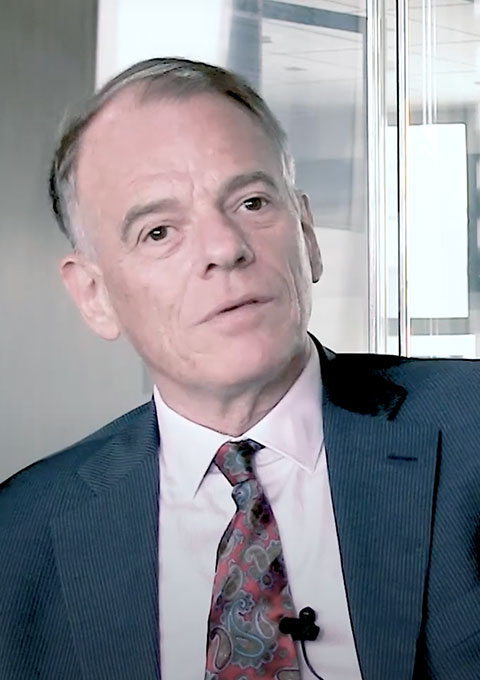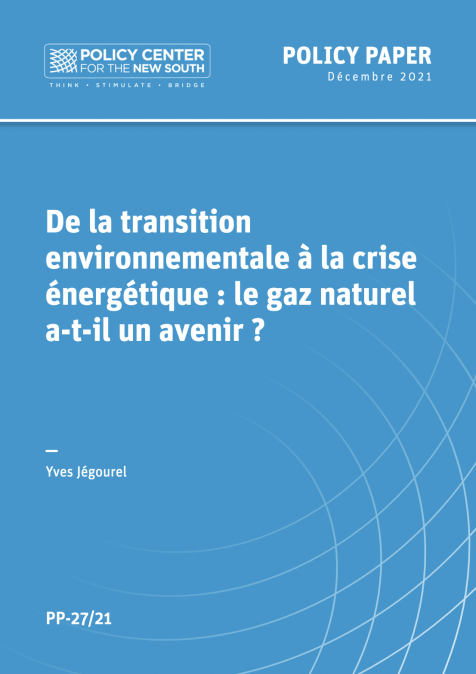Le Policy Center for the New South et Enel Green Power Maroc co-organisent un webinaire sur "la tarification du carbone et le développement économique". Cette rencontre permettra de débattre des défis, des avantages et des limites des mécanismes de tarification du carbone et de leur impact sur la compétitivité et la croissance économique.
La tarification du carbone est une approche qui utilise les mécanismes du marché pour réduire les émissions, atténuant ainsi le changement climatique et favorisant l'action climatique nationale et internationale. D'une part, la tarification du carbone a le potentiel de décarboner l'activité économique mondiale en modifiant le comportement des consommateurs, des entreprises et des investisseurs, tout en libérant l'innovation technologique et en générant des revenus. D'autre part, elle fait face à de nombreuses critiques principalement liées aux impacts distributifs, notamment sur les ménages, et à la préservation de la compétitivité de certains secteurs.
D’après la Banque Mondiale, près de 65 initiatives de tarification du carbone ont été mises en œuvre en 2021, dans 45 juridictions nationales, couvrant 21,5 % des émissions mondiales de gaz à effet de serre. La même année, l'Union Européenne (UE) a dévoilé sa proposition de mécanisme d'ajustement aux frontières, une taxe prélevée aux frontières de l'UE, destinée à prévenir les fuites de carbone et à encourager les partenaires commerciaux de l'UE à accélérer leurs stratégies de décarbonation.
Ce nouvel environnement complexe soulève des questions sur le rôle des mécanismes de tarification du carbone en tant que moyen efficace de lutte contre le changement climatique et sur leur impact sur les pays en développement.













